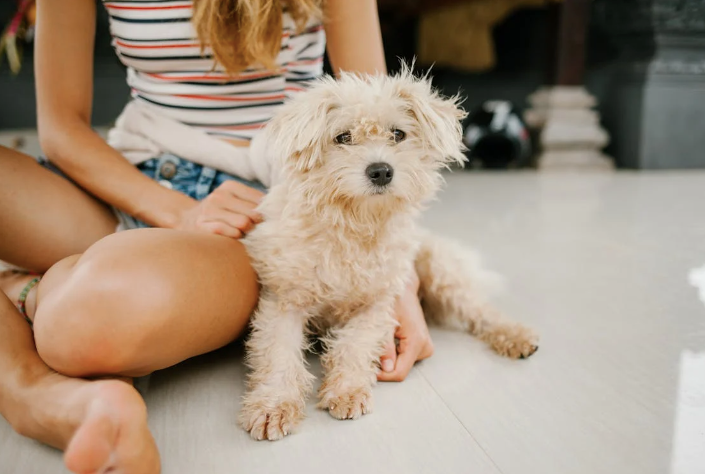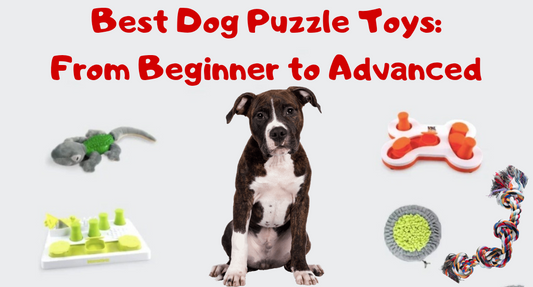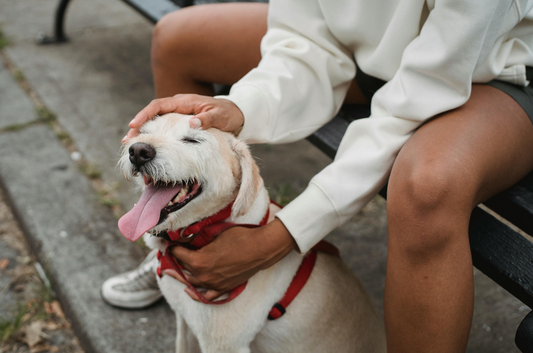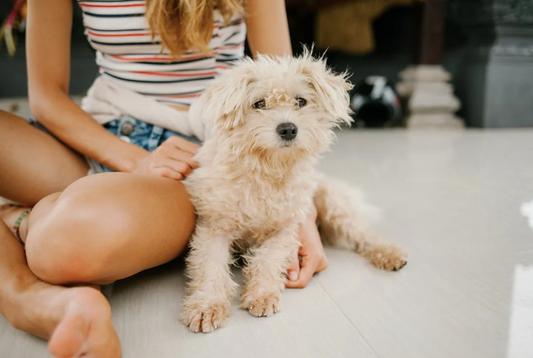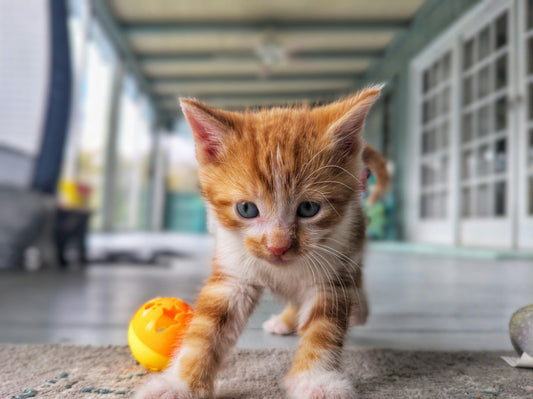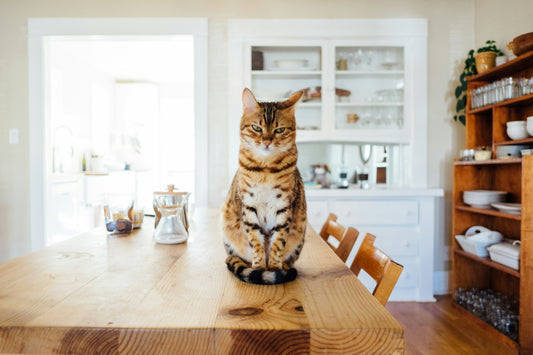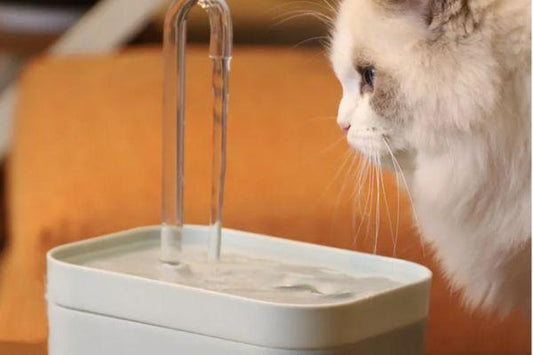Puppy playtime is a vital aspect of your young dog's development. Not only does it help them burn off excess energy, but it also provides crucial opportunities for learning and bonding. This blog post explores how to effectively use this time to enhance both companionship and play, and introduces some of the best toys to keep your puppy engaged and happy.

Understanding the Importance of Playtime
Foundation for Healthy Development:
Playtime is more than just fun for puppies; it's a critical part of their development. It helps them learn social cues, develop physical coordination, and establish a routine. Ensuring your puppy has adequate playtime will contribute to their overall well-being and future behavior.
Choosing the Right Toys

Stimulating and Safe Options:
The right toys can make all the difference in your puppy’s playtime. Opt for toys that are specifically designed for puppies, as they are usually made of softer materials that are gentle on their developing teeth and gums. Toys like teething rings, plush toys, and interactive gadgets can keep them entertained while also providing comfort.
Integrating Companionship into Play
While toys are important, your presence during playtime is invaluable. Spending time playing with your puppy strengthens your bond and establishes you as a part of their social structure. Engage in games like fetch, tug-of-war, or simply rolling a ball to encourage interaction and teach them valuable social skills.
Creating a Playful Environment
Setting up a dedicated play area in your home can help your puppy understand where it’s appropriate to be energetic and playful. This space should be free from hazards and equipped with their favorite toys. Having a designated area also aids in training them about boundaries within the home.
The Role of Play in Training
Incorporating Learning into Fun:
Use playtime as an opportunity to integrate basic training commands like sit, stay, or come. Puppies are more receptive to learning when they are in a positive and stimulating environment. Treats can be used as rewards during these playful training sessions to reinforce good behavior.

Balancing Play with Rest
Understanding Limits:
Puppies have a lot of energy, but they also need plenty of rest. Monitor your puppy during playtime to ensure they don’t overexert themselves. Young puppies especially need frequent naps, so encourage them to rest after a playful session to help with their growth and development.
The Best Toys for Every Puppy
Personalized Toy Selections:
Understand your puppy’s play style to choose the best toys. For chewers, durable rubber toys can be ideal. Puzzle toys that dispense treats can stimulate their mind, while soft toys are great for snuggling when they tire out. Always replace toys that become worn out to avoid any risks of choking or ingestion.
Puppy playtime is a joyous and fundamental part of your pet's early life. By carefully selecting toys and taking an active role in this playtime, you not only enhance their physical and mental development but also deepen the bond between you and your puppy. With the right balance of play, companionship, and rest, you can ensure that your puppy grows into a well-rounded and happy dog.
https://mr-gift.com/blogs/dog-care-2/key-vaccination-milestones-for-your-new-puppy-a-vital-schedule
https://mr-gift.com/blogs/dog-care-2/unleashing-fun-the-pros-and-cons-of-unbreakable-dog-toys

